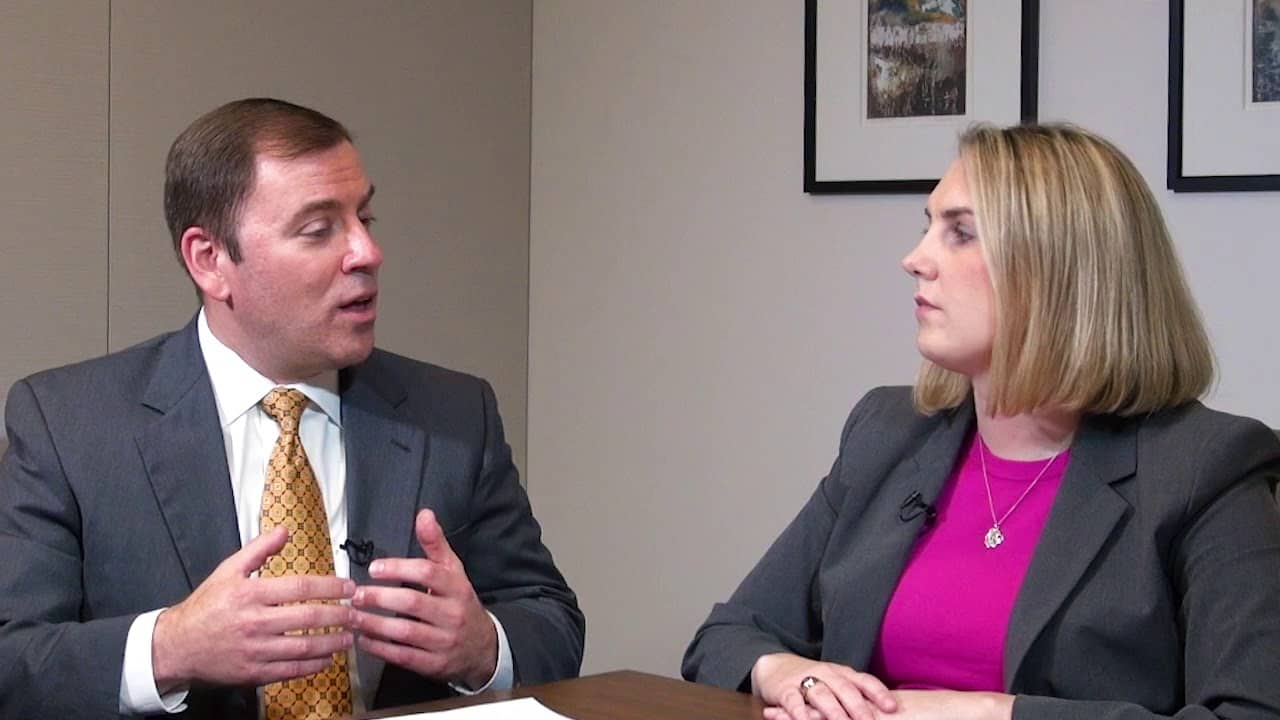Jen: This is the PKF Texas Entrepreneur’s Handbook. I’m Jen Lemanski, this week’s guest host, and I’m here with Martin Euson, one of our tax directors on our Transaction Advisory Services Team. Martin welcome back to the Playbook.
Martin: Thank you, Jen, I’m happy to be here.
Jen: So in a previous episode we talked about due diligence both from a tax and from an audit perspective and we only got very, very high level. Can you drill down a little more in what tax due diligence is?
Martin: We have clients come to us who are interested in making a business acquisition let’s say, and whether that involves buying the assets of another company or buying the stock outright of another company, tax due diligence is the process whereby we go in and do an examination or an investigation of that company looking at their historical tax filings and looking at their historical tax records to see if there’s any type of exposure in there or any type of risks that the buyer would assume in that type of acquisition.
In other words, let’s say that I’m interested in going out and buying a company. We go through the process, I buy the company, I pay X amount for the company and then I find out a year later that this company owes $1 million to the IRS in back taxes. As you can imagine, that’s a big problem. So those are the types of things that tax due diligence helps uncover up front. That kind of information, that critical information, goes into the decision-making process of whether you want to buy the company at all.
It certainly goes into the decision process of how much you’re willing to pay for the company. So tax due diligence is about going through a process that uncovers that type of information to the extent that it’s there. If it’s not there that’s fine, you have less to worry about. If it’s there you want to know about it and you want to use that critical information to your advantage to be what I call an advantaged buyer versus going into it with your eyes closed.
Jen: So at what point should you guys be brought in to start doing that due diligence? Is it 6 months out, a year out?
Martin: I think as soon as a potential buyer has their eye on a company, whether they’re in the process of submitting a letter of intent to a company, obviously the earlier the better. The more time we have, the more advanced notice we have the more work we can do and the more effective we can be.
Jen: Perfect. Well, we’ll get you back to talk about some more transaction related information, sound good?
Martin: Thank you, happy to be here.
Jen: Perfect. To learn more about how we can assist you with potential transactions visit PKFTexas.com/transactionadvisoryservices. This has been another Thought Leader production brought to you by PKF Texas The Entrepreneur’s Playbook. Tune in next week for another chapter.

